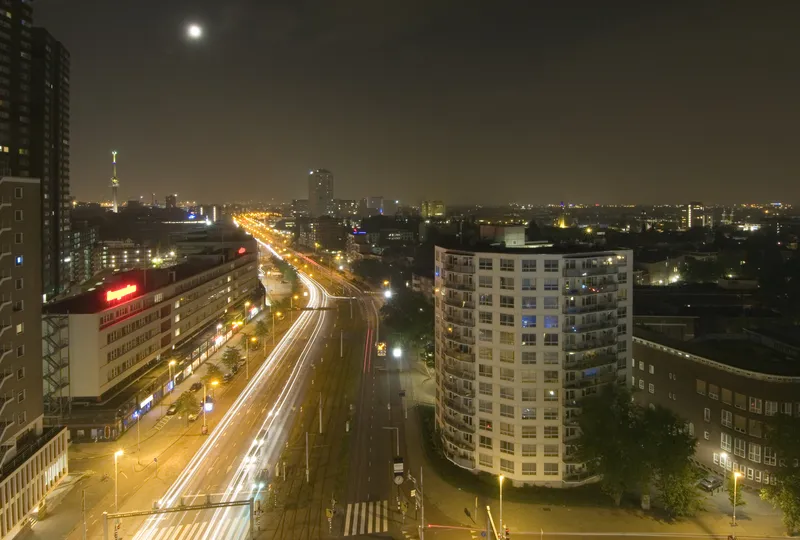Intelligent radar detection solutions supplier AGD Systems is to supply the UK’s Transport for London (TfL) with its new 316 stop-line radar traffic detector, designed for the detection and monitoring of stationary vehicles at road junctions.
The frequency modulated continuous-wave (FMCW) 316 utilises the latest planar antenna technology and an advanced, embedded digital signal processing engine to accurately and reliably detect stationary vehicles at the stop-line of busy intersections.
October 10, 2013
Read time: 2 mins
Intelligent radar detection solutions supplier 559 AGD Systems is to supply the UK’s 1466 Transport for London (TfL) with its new 316 stop-line radar traffic detector, designed for the detection and monitoring of stationary vehicles at road junctions.
The frequency modulated continuous-wave (FMCW) 316 utilises the latest planar antenna technology and an advanced, embedded digital signal processing engine to accurately and reliably detect stationary vehicles at the stop-line of busy intersections.
Vehicles approaching the stop-line are tracked individually through the detection zone, generating a detect state as they come to a stop, improving traffic flow at urban intersections and enhancing safety for all road users. Providing accurate vehicle detection in all conditions, it provides complete flexibility and ease of set up and installation. Featuring Bluetooth wireless technology and a user-friendly GUI, the 316 can be configured and made ready for use in minutes.
Pete Hutchinson, managing director of AGD Systems, said: “Above ground intelligent radar detection systems offer a much more cost-effective alternative to embedded inductive loops which are prone to fail due to road degradation and disruption from utility and communications firms. With traffic authorities throughout the UK and the world looking to improve cost effectiveness and value for money in terms of installation, ease of use and ongoing maintenance and repair, AGD’s intelligent radar detection systems provides an effective, highly accurate and reliable vehicle detection solution that is easy to install with minimal disruption to traffic flow and requiring low maintenance.”
Iain Blackmore, head of Traffic Infrastructure at TfL said: “Keeping London moving is a key objective for TfL. With London’s population expected to grow by 2020, we are working hard to improve our existing infrastructure so that we meet the challenging demands of both controlling and monitoring road congestion and journey times on our busy road network, helping to ensure the capital runs as smoothly as possible.”
The frequency modulated continuous-wave (FMCW) 316 utilises the latest planar antenna technology and an advanced, embedded digital signal processing engine to accurately and reliably detect stationary vehicles at the stop-line of busy intersections.
Vehicles approaching the stop-line are tracked individually through the detection zone, generating a detect state as they come to a stop, improving traffic flow at urban intersections and enhancing safety for all road users. Providing accurate vehicle detection in all conditions, it provides complete flexibility and ease of set up and installation. Featuring Bluetooth wireless technology and a user-friendly GUI, the 316 can be configured and made ready for use in minutes.
Pete Hutchinson, managing director of AGD Systems, said: “Above ground intelligent radar detection systems offer a much more cost-effective alternative to embedded inductive loops which are prone to fail due to road degradation and disruption from utility and communications firms. With traffic authorities throughout the UK and the world looking to improve cost effectiveness and value for money in terms of installation, ease of use and ongoing maintenance and repair, AGD’s intelligent radar detection systems provides an effective, highly accurate and reliable vehicle detection solution that is easy to install with minimal disruption to traffic flow and requiring low maintenance.”
Iain Blackmore, head of Traffic Infrastructure at TfL said: “Keeping London moving is a key objective for TfL. With London’s population expected to grow by 2020, we are working hard to improve our existing infrastructure so that we meet the challenging demands of both controlling and monitoring road congestion and journey times on our busy road network, helping to ensure the capital runs as smoothly as possible.”








